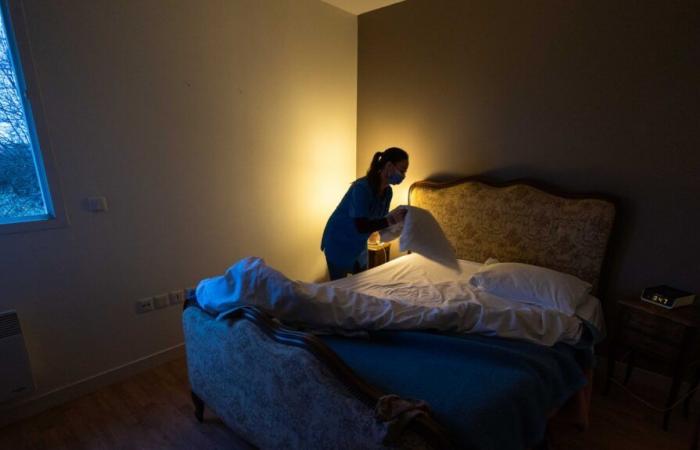For one in twelve private sector employees in New Aquitaine, having a job does not guarantee living with dignity. Based on a definition of “low salary” as being less than €1,394 per month (1), in full-time equivalent, the regional INSEE arrived at this figure of 8%. This is what a study published Thursday November 28, 2024 reveals.
Wage poverty varies significantly from one department to another. Thus Deux-Sèvres obtains a much better result with a low salary rate in the private sector of less than 6.5%. Vienna is exactly within the regional average.
Craft workers struggling
The typical profile of a low-wage worker is a worker or employee with little or no qualification (43% of the total), very often part-time, on a short-term contract.
It is the tertiary sector jobs that pay the least, with salaries in industry and construction being much more reasonable. If the majority of poorly paid employees are in the cleaning and home help professions, it is the unskilled craft workers who struggle the most to earn a living: more than 60% are under-employed. paid.
Women and young people particularly affected by low wages
Then come unskilled workers in industry, domestic workers in private homes, employees in horticulture, etc. Women are particularly concerned: while they represent less than half of private sector employees (46%), they account for 54% of low wages, due in particular to the large number of part-time workers (twice as many as men).
The share of young people (under 26), who account for 20% of private sector employees, increases to 30% of poorly paid employees. This particular situation is explained by the lack of training at the start of their career and the frequent periods when these young employees are unemployed.
(1) Figures for 2022, a little more than the monthly minimum wage.






